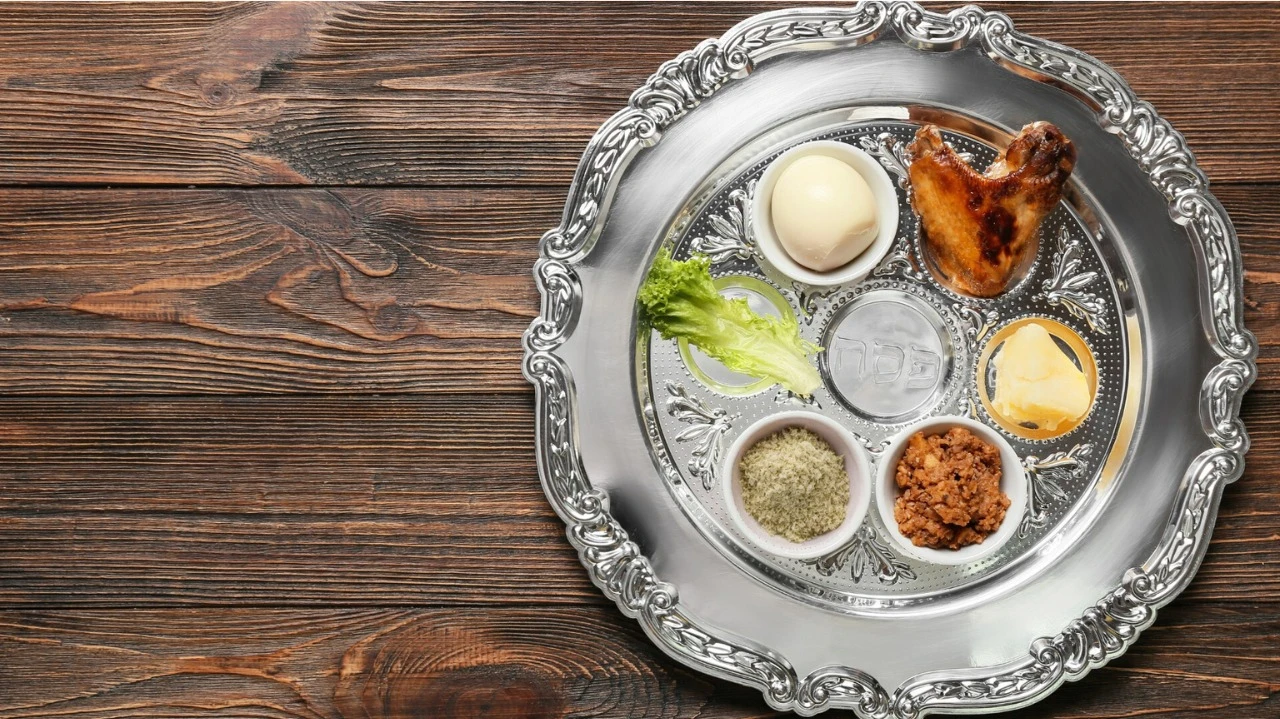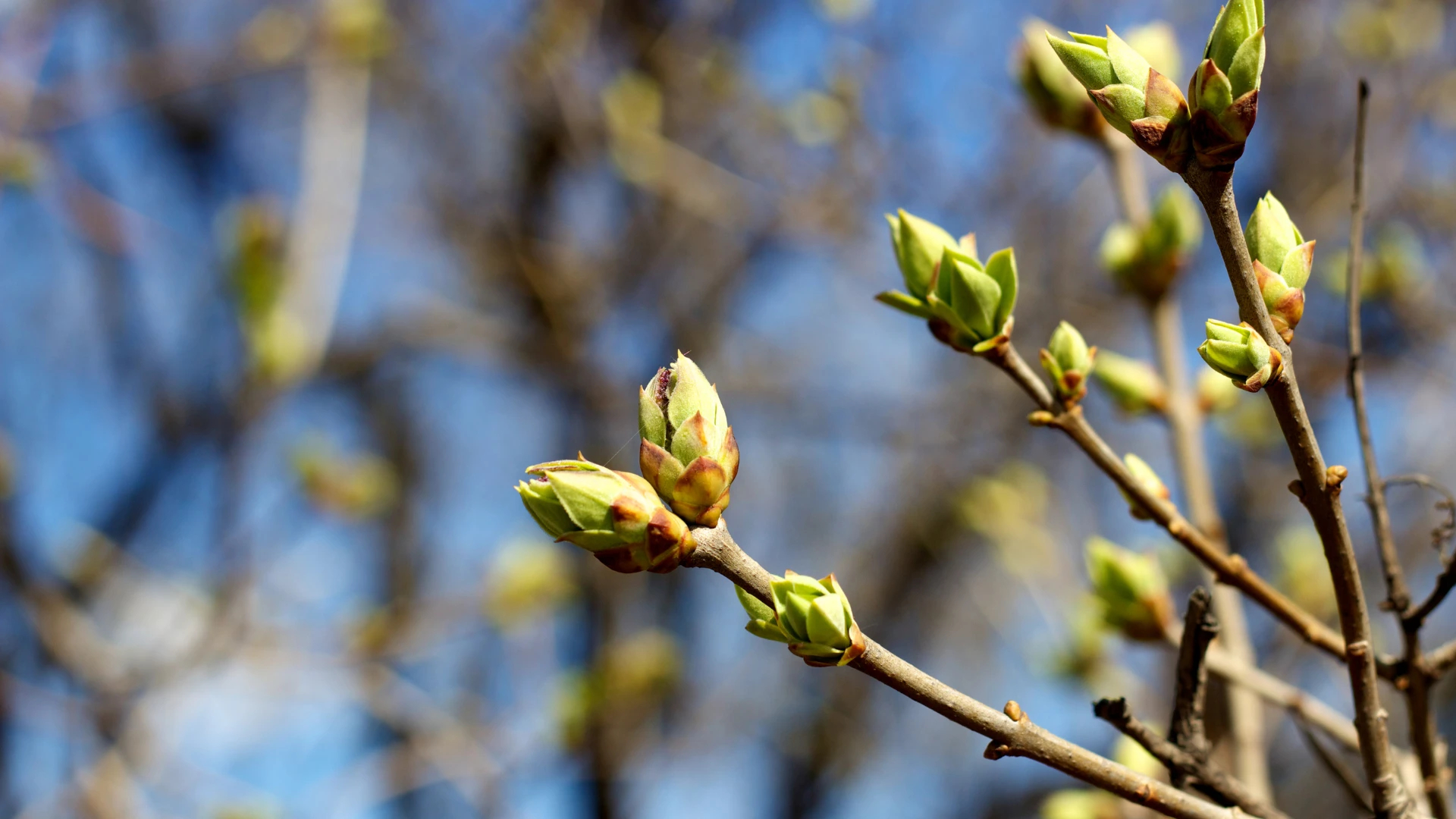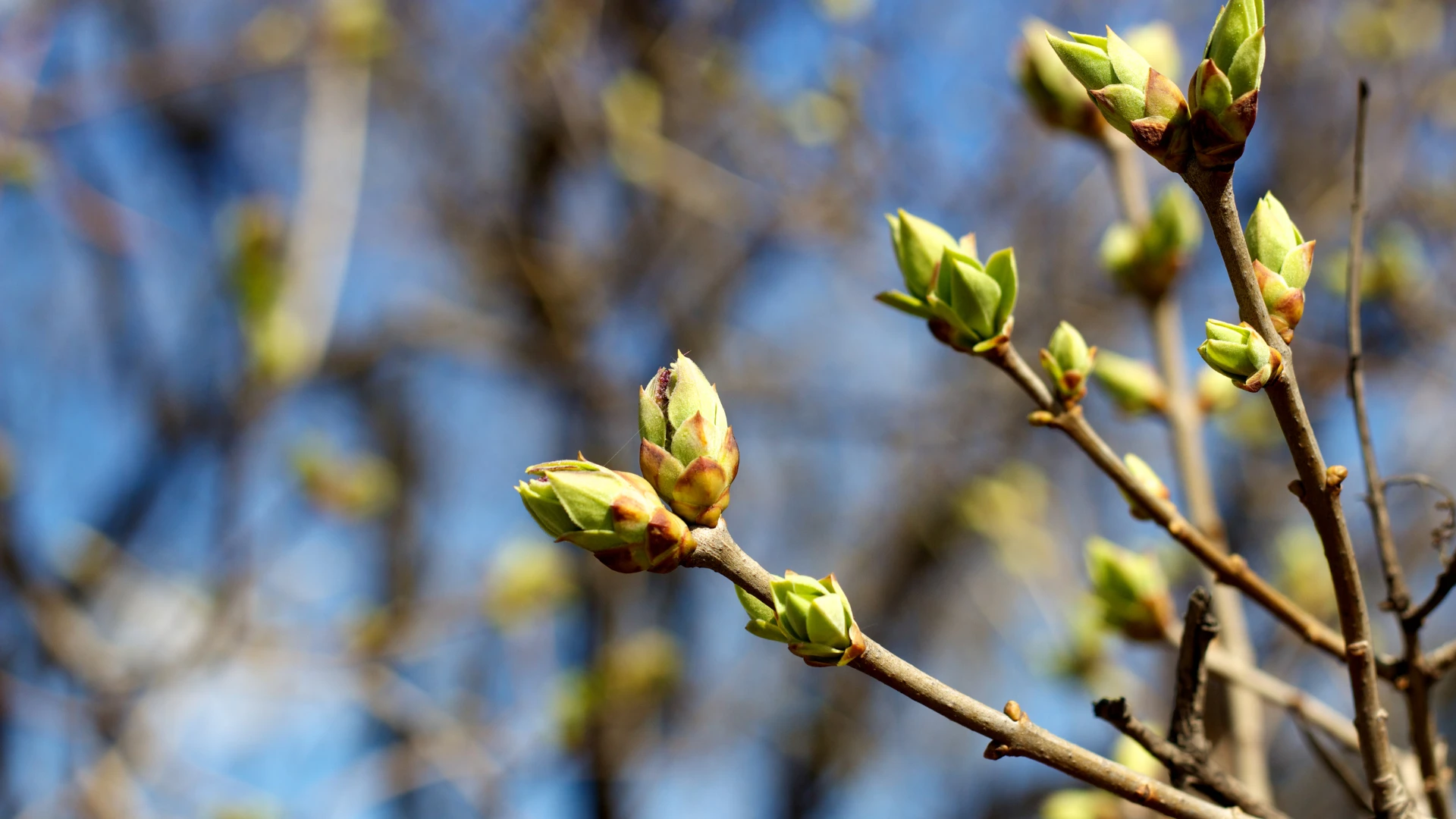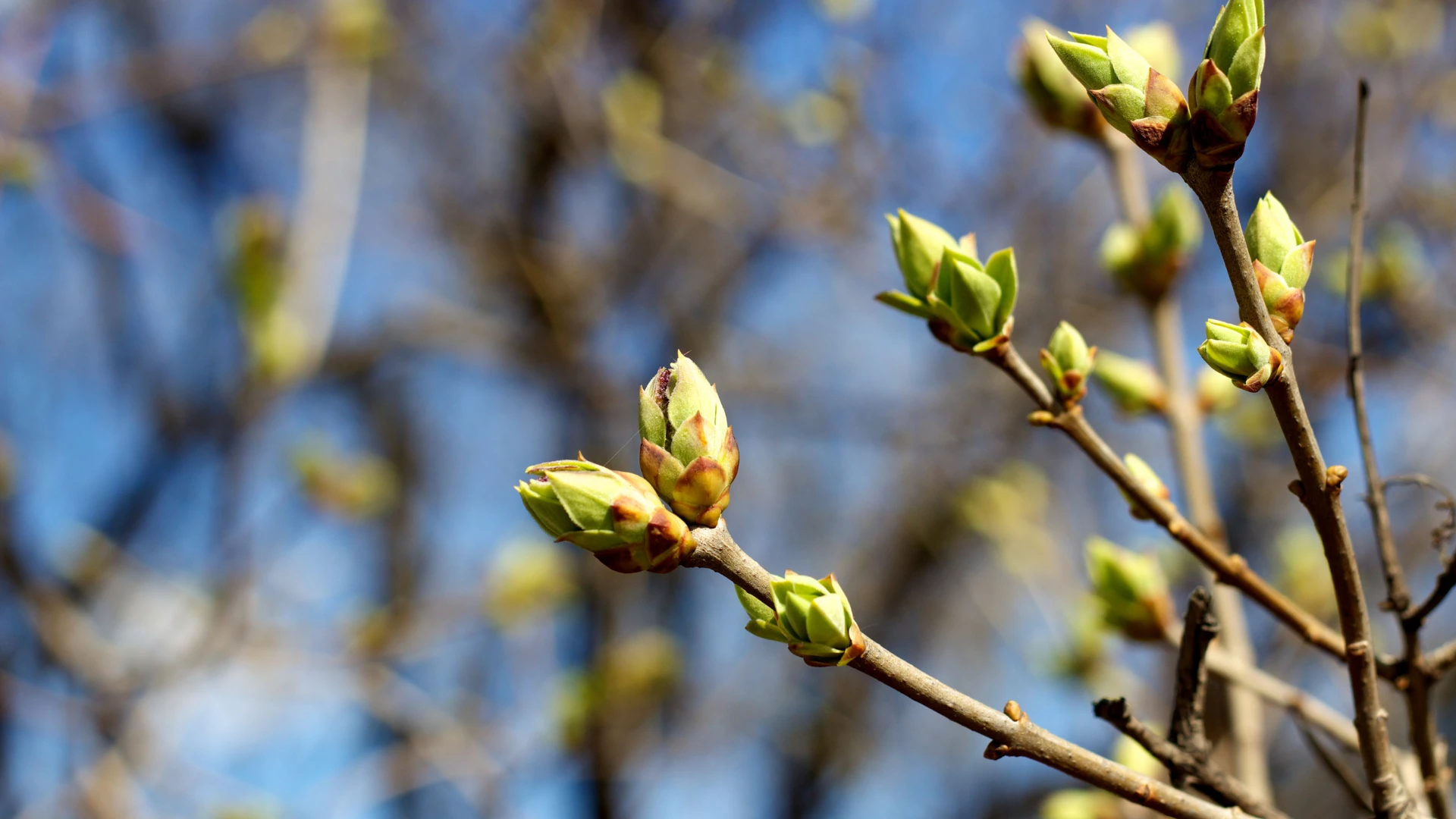A Bloody Tunic: The Dip that Creates Exile; and the Dip that Ends It
The Tragic Story that Came Full Circle on the Night of Pesach
Shabbos Hagadol Derasha Young Israel Century City
- March 21, 2021
- |
- 8 Nisan 5781
Rabbi YY Jacobson
3752 צפיות- 3תגובה
- התקשרות
האזינו לכיתה בטלפון
שִׂיחָה +1 (845) 201-1933
כשתתבקש, חייג את מספר הזהות שלהלן.
7988 MP3 MP4 - העתק הטמעה
Dedicated by Rabbi Dovid Refson in gratitude.
סיכום השיעור:
This was a "Shabbos Hagadol Derasha (Sermon)" by Rabbi YY Jacobson addressing the Young Israel of Century City, CA, on Sunday, 8 Nissan, 5781, March 21, 2021.
Three of the four questions we ask at the Seder are answered during the night, if only indirectly. But not the fourth question. “On all other nights, we don't dip even once. Why on this night do we dip twice? One time, karpas—a vegetable—in saltwater; the second time, maror in charoses, bitter herbs (or Romaine Lettuce) in the sweet mixture of apples, pears, nuts, and wine.” During the entire seder, it seems, we never get an answer to this question. What is the answer? Why do we dip twice?
There are two dips that characterize Jewish history—one was the beginning of our exile, and one created the end of our exile. Both involved blood and goats. Joseph’s brothers dipped his coat into the blood of a goat, and that is how our exile began. The Jews dipped a hyssop plant into the goat’s blood on the eve of Passover—and that is how redemption began! What do these two dips represent? There is the dip that creates Jewish exile; and the dip that ends it.
Of all the slanders about Jews throughout history, the Blood Libel stands out as the most insane. How could have this ever taken root? The last thing a Jew would ever eat is blood. The Torah categorically prohibits a Jew from eating blood. What is more, there is a heavenly death penalty for a Jew eating blood! Reb Elchanan Wasserman suggested a daring explanation.
תגים
קטגוריות
Shabbos Hagadol Derasha Young Israel Century City
Rabbi YY Jacobson
- March 21, 2021
- |
- 8 Nisan 5781
- |
- 3752 צפיות
Dedicated by Rabbi Dovid Refson in gratitude.
שיעורים קשורים
אנא עזרו לנו להמשיך בפעילותנו
הרשמה לקבלת תוכן (באנגלית) עדכני מאת הרב יוסף יצחק ג'ייקובסון
צרפו חברים ומשפחה לקבוצת הווסטאפ שלנו
צרפו חברים ומשפחה לקבוצת הווסטאפ שלנו










אנא השאירו את תגובתכם למטה!
Kalman -3 שנים לִפנֵי
A very interesting explanation. I have always been interested in this question about double dipping. But it seems to me that this answer goes far beyond the scope of the Haggadah. If the question is asked in the Haggadah, then the answer must also be sought in the Haggadah. It seems to me that I found the answer in the Haggadah itself.
1. "And our calamity ..." - these are children. As it is said: "Throw every newborn son into the river, and take care of every daughter alive." The first dipping is associated with the drowning of newborn boys. Therefore, to indicate the bitterness and tears shed by the parents, we dip (karpas) onions in salt water.
2. "... he cut the sea before us; and led us in the middle of it on dry land; and drowned our enemies in it ..."
If He had not drowned our enemies, we would not have felt complete freedom. This is the reason why we dip (hazeret) horseradish in (haroset) a sweet mass that resembles the clay from which bricks were made. Although the bricks themselves indicate the bitterness of slave labor, the very fact that we saw our enemies drowned in the sea turns this bitterness into sweetness.
Hag Sameach!
השיבו לתגובה זו.סמן את התגובה הזו.
Sarah Goldberg -3 שנים לִפנֵי
Hashem says "I had nothing to do with the yidden going down to Mitrayim"?
But....didn't Hashem tell Avraham that his descendants would indeed go down but, not to worry, He'll take them out?
השיבו לתגובה זו.סמן את התגובה הזו.
Sara Metzger -3 שנים לִפנֵי
A GREAT Pep Talk...
But unfortunately and I say this with much sadness, many of us don't get it. The arguments among us often result on people choosing to totally disassociate with one another, among friends AND within families. People don't know how to deal with each other constructively and. with compassion. It's a very sad commentary, back then and through the ages, until today.
השיבו לתגובה זו.סמן את התגובה הזו.
Sarah Goldberg -3 שנים לִפנֵי
Sara. The Rabbi is talking about the ideal, the goal, what we strive for individually and collectively.
We we are in reality, closer or further is another thing. But we may know the goal to know where to go.
"A journey of a thousand miles begins with one step".
The world as a whole has come a long way from the days of the barbarians, thanks to jewish ideals and jewish people.
השיבו לתגובה זו.סמן את התגובה הזו.